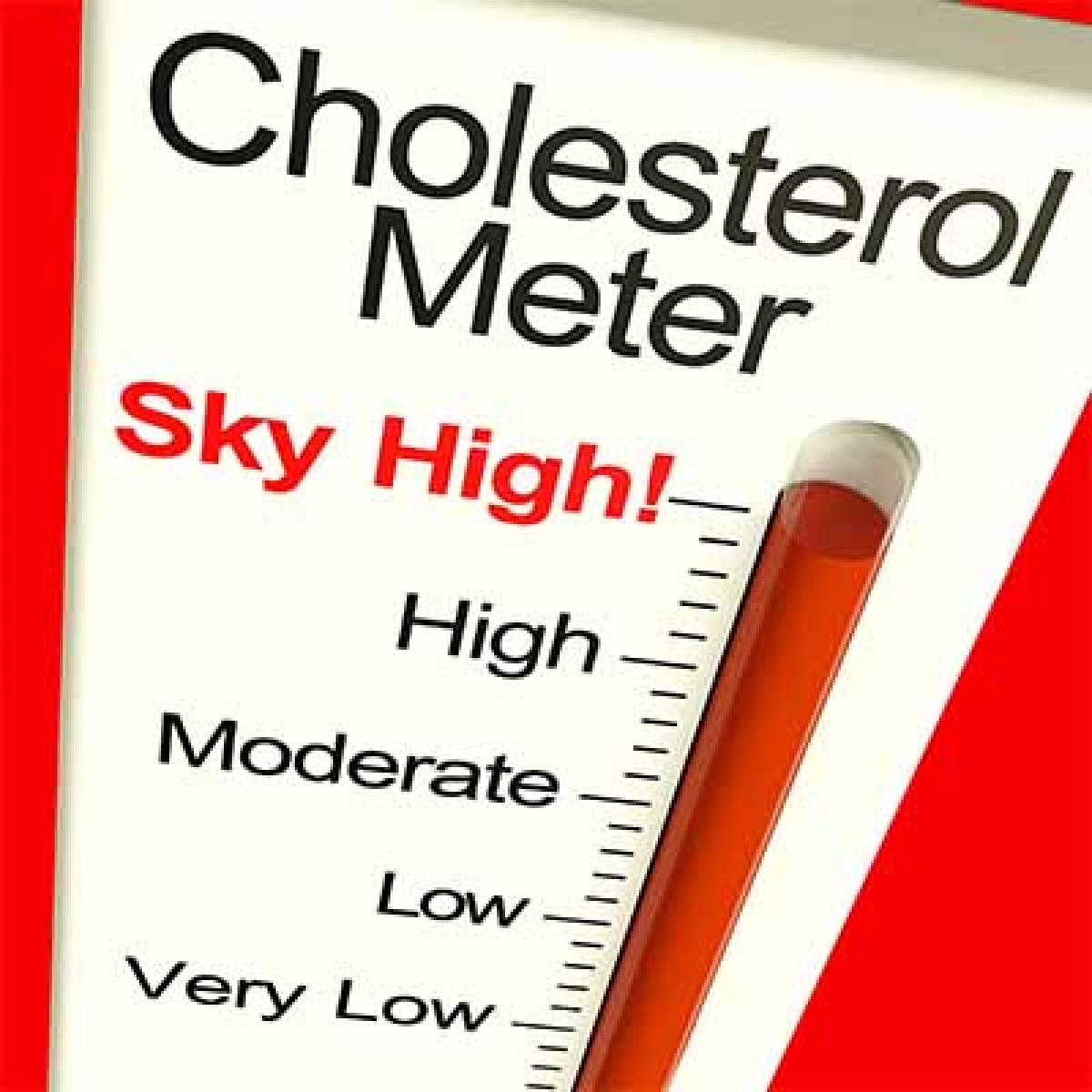Live
- Modi strengthens global ties at Rio de Janeiro
- 55% share price fall costs Ola Electric investors Rs. 38K cr
- Banks report synchronised growth in credit, deposits
- PM Awas 2.0 launched
- Target Kohli’s body, his front pads to put him on back-foot: Healy’s advice to Oz quicks
- LIC accused of thrusting Hindi
- Will make Warangal a la Hyderabad
- Will showcase Indiramma Rajyam: CM
- HC orders attachment of Himachal Bhawan
- Plane from Vedic era, not Wright Brothers: UP Guv
Just In

Giving obese teenagers extra vitamin D pills can elevate their cholesterol and fat-storing triglycerides levels, an Indian American researcher has discovered. Seema Kumar, pediatric endocrinologist in the Mayo Clinic Children\'s Centre also found no benefits of extra vitamin D supplements in improving heart health or decreasing diabetes risk.
.jpg) Giving obese teenagers extra vitamin D pills can elevate their cholesterol and fat-storing triglycerides levels, an Indian American researcher has discovered. Seema Kumar, pediatric endocrinologist in the Mayo Clinic Children's Centre also found no benefits of extra vitamin D supplements in improving heart health or decreasing diabetes risk.
Giving obese teenagers extra vitamin D pills can elevate their cholesterol and fat-storing triglycerides levels, an Indian American researcher has discovered. Seema Kumar, pediatric endocrinologist in the Mayo Clinic Children's Centre also found no benefits of extra vitamin D supplements in improving heart health or decreasing diabetes risk.
Parents and providers often put obese adolescent children on vitamin D regiments -- sometimes at more than 5-to-10 times the recommended daily intake. "After three months of having vitamin D boosted into the normal range with supplements, the teenagers showed no changes in body weight, body mass index, waistline, blood pressure or blood flow," Kumar noted.
"We are not saying the links between vitamin D deficiency and chronic diseases do not exist for children - we just haven't found any yet," she added. This is the first of Kumar's studies to report increased cholesterol and triglycerides during vitamin D supplementation. Kumar has been studying the effects of vitamin D supplementation in children for 10 years through four clinical trials and six published studies.
To date, her team has found limited benefit from vitamin D supplements in adolescents. She, however, calls for larger, placebo-controlled studies to examine the long-term effects of vitamin D supplementation on teenagers and children."This is because some studies have shown a link between vitamin D in the blood and improved vascular function," Kumar said in a paper appeared online in the journal Pediatric Obesity.
She opted to study vitamin D in overweight teenagers because this population is at increased risk for chronic disease. According to her, it is possible to ingest too much vitamin D, a condition called vitamin D toxicity or hypervitaminosis, which can result in poor appetite, nausea, vomiting and kidney complications. "I am surprised that we haven't found more health benefit," Kumar added.

© 2024 Hyderabad Media House Limited/The Hans India. All rights reserved. Powered by hocalwire.com







